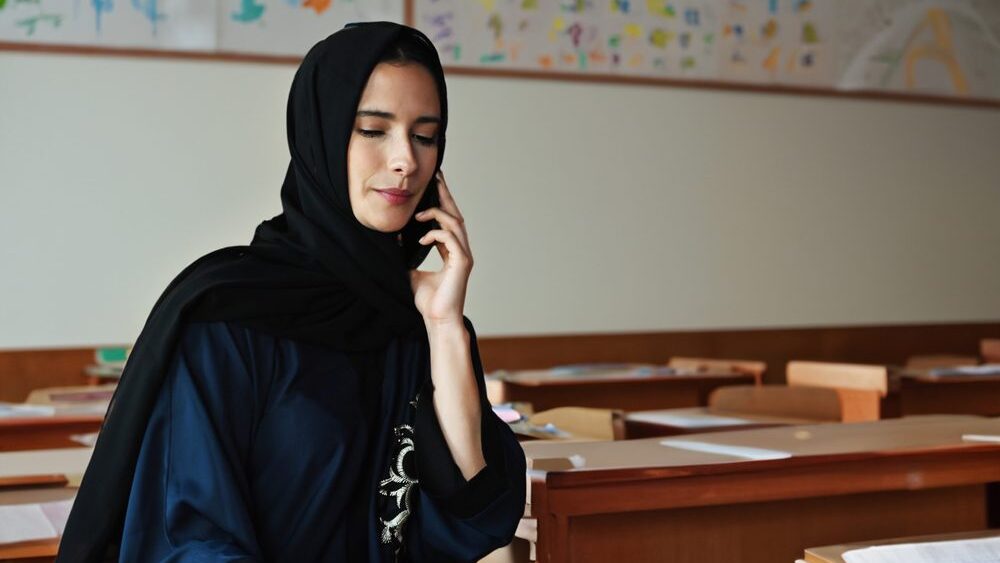
France will ban children from wearing the abaya, the loose-fitting, full-length robes worn by some Muslim women, in state-run schools, reports Reuters. “When you walk into a classroom, you shouldn’t be able to identify the pupils’ religion just by looking at them,” Education Minister Gabriel Attal said.
A law adopted in 2004 already banned students from wearing clothing or signs that ostensibly show their religious affiliation, such as large crosses, Jewish kippahs, and Islamic headscarves in school. In 2010, France also banned the wearing of full-face veils in public.
A strict ban on religious signs in state schools was introduced already in the 19th century. France is also very protective of its law of 1905 on the separation of Church and state, which enshrines secularism as a national principle. These acts were originally intended to remove traditional Catholic influence from public education, but the country has struggled to update guidelines to deal with a growing Muslim minority.
Muslims represented 10% of the French population in 2019-2020, according to figures by the national statistics bureau, INSEE, which counts 5.8% of the French population as practising Muslims, compared to only 4.35% of practising Catholics. The state’s failure to integrate Muslims was once again highlighted this summer as riots spread in immigrant neighbourhoods across France after the fatal shooting by police of a 17-year-old boy of Moroccan and Algerian descent.
The latest ban comes after months of debate. There have been reports of abayas being increasingly worn in schools and tensions over the issue between teachers and parents. As we previously reported, there has recently been a surge of incidents where students refused to remove their Islamic veil or insisted upon wearing traditional Islamic outfits.
The education ministry in November described the abaya as one of a group of items of clothing whose wearing could be banned if they were “worn in a manner as to openly display a religious affiliation”. The French Council of Muslim Faith (CFCM), a national body encompassing many Muslim associations, has said items of clothing alone were not a religious sign.
However, conservative party Republicans and right-wing National Rally both welcomed the news of the ban. Leader of the National Rally, Marine Le Pen previously stated that “the Republic does not submit to religious law, it is the opposite.”
Il serait utile de rappeler au CFCM, qu’en France, aucune structure communautaire décide de ce qui porte atteinte ou non à la laïcité. Cela relève de la compétence exclusive du législateur. La République ne se soumet pas à la loi religieuse, c’est l’inverse. https://t.co/vZCsTHrUne
— Marine Le Pen (@MLP_officiel) June 12, 2023
The French union for school principals were fairly neutral in their reaction to the decision, saying that above all, they were relieved that the government had given them some clarity on the issue.
The SNPDEN-UNSA’s national secretary, Didier Georges, told Reuters that the union was satisfied that a decision had been made.
But Clémentine Autain of the left-wing opposition France Unbowed party denounced what she described as the “policing of clothing”, calling the ban symptomatic of the government’s “obsessive rejection of Muslims”.
